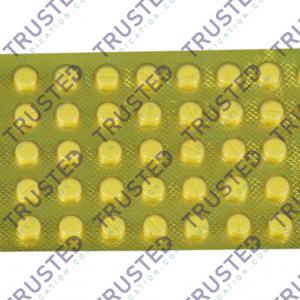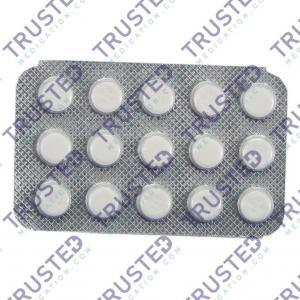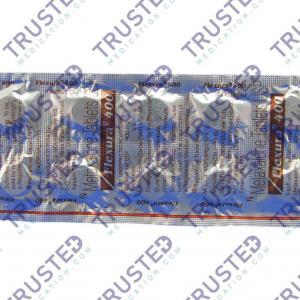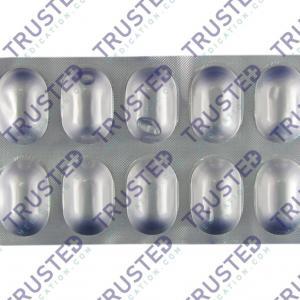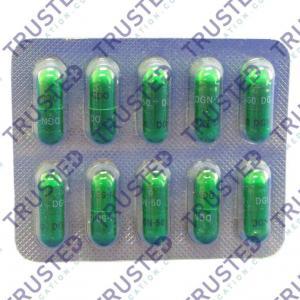
Ocular hypertension is a condition in which the intraocular pressure (IOP) is higher than normal. In ocular hypertension, fluid does not drain properly from the front of the eye. Pressure builds up in the eyes as a result. It is possible to develop glaucoma if your eye pressure is higher than normal.

What Is Eye Pressure/Intraocular Pressure?
Eye Pressure is also known as intraocular pressure or IOP. It is a measurement of the fluid pressure inside the eye. IOP helps maintain the shape of the eye with its consistent pressure.
In a healthy eye, aqueous humor always enters the eye and drains out in equal amounts. Through the drainage angle, which is located in front of the iris, the majority of the aqueous humor flows out of the eye. As a result of this equal flow, the pressure remains stable.
How To Get Eye Pressure/Intraocular Pressure Measured?
- Eye drops are put in your eyes to numb them.
- The doctor or assistant gently touches the front surface of your eye with a device that glows with a blue light. Other times a different handheld instrument is used.
- Both methods apply a small amount of pressure to the eye.
- This allows your ophthalmologist to measure the pressure inside each eye.
- During this test, it is very helpful to relax and breathe normally.
Each eye pressure of a person is different, and there is no single correct pressure for everyone.
What Is The Normal Eye Pressure?
The normal eye pressure is usually considered to be between 10 and 20 mmHg. Having eye pressure that’s too low or too high can damage your vision. The presence of elevated eye pressure without other symptoms is regarded as ocular hypertension. High eye pressure can be tolerated by some people without causing damage. Other people may lose vision even if the pressure is in the normal range.
What Is Ocular Hypertension?
Ocular hypertension refers to the pressure inside the eye. This condition prevents the front of the eye from draining fluid properly. As a result, eye pressure increases. A higher than normal eye pressure can lead to glaucoma. An optic nerve is damaged by glaucoma when eye pressure increases.
Glaucoma is different from ocular hypertension. There are no signs of vision loss with ocular hypertension, and the optic nerve looks normal. Ocular hypertension, however, increases the risk for glaucoma and is considered a glaucoma suspect.
What Are The Symptoms Of Ocular Hypertension?
A person is said to have Ocular Hypertension when:
- There’s an absence of clinical signs of glaucoma, such as optic nerve damage or a reduced field of vision
- Intraocular pressure is consistently elevated above 21 mmHg
How Is Ocular Hypertension Related To Glaucoma?
According to research, high eye pressure increases your risk of glaucoma. High pressure inside your eye can damage your optic nerve and result in vision loss, according to experts. A study shows that lowering eye pressure can also help prevent glaucoma-related vision loss. The pressure inside your eyes must be controlled for this reason.
Some people with normal eye pressure develop glaucoma – not all people with high eye pressure will develop glaucoma. Each person’s optic nerve can handle a different amount of pressure, and this amount determines whether they develop glaucoma. Normal eye pressure is less than 21 for most people.
Can Ocular Hypertension Be Treated?
Ocular Hypertension is often treated with prescription eye drops. The prescriptions can either help aqueous humor drain from your eye or lower the amount of aqueous humor that your eye produces.
The recommended eye drops for Ocular Hypertension:
- Bimatoprost – is in a class of medications called prostaglandin analogs. It lowers the pressure in the eye by increasing the flow of natural eye fluids out of the eye.

